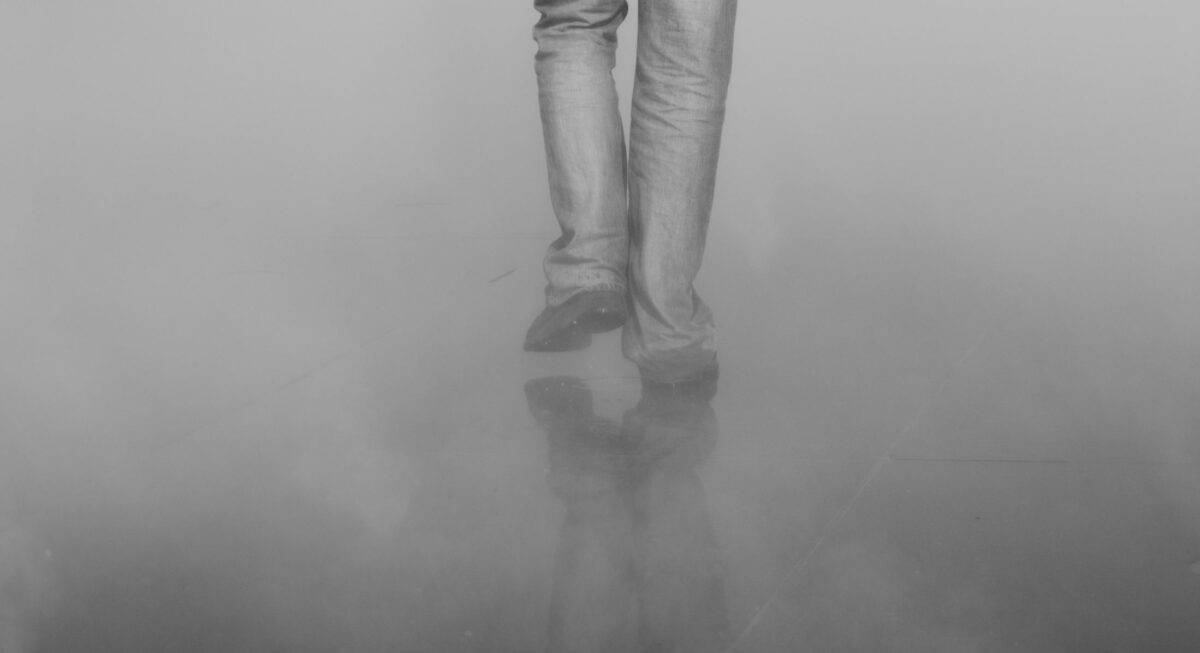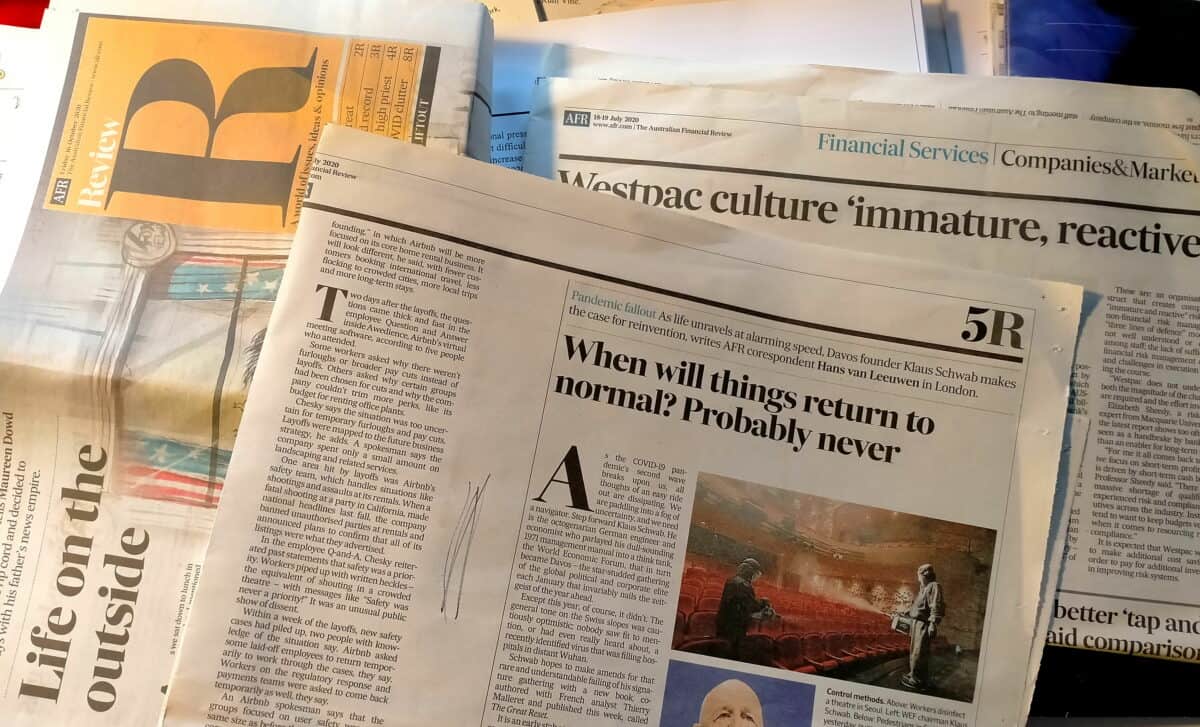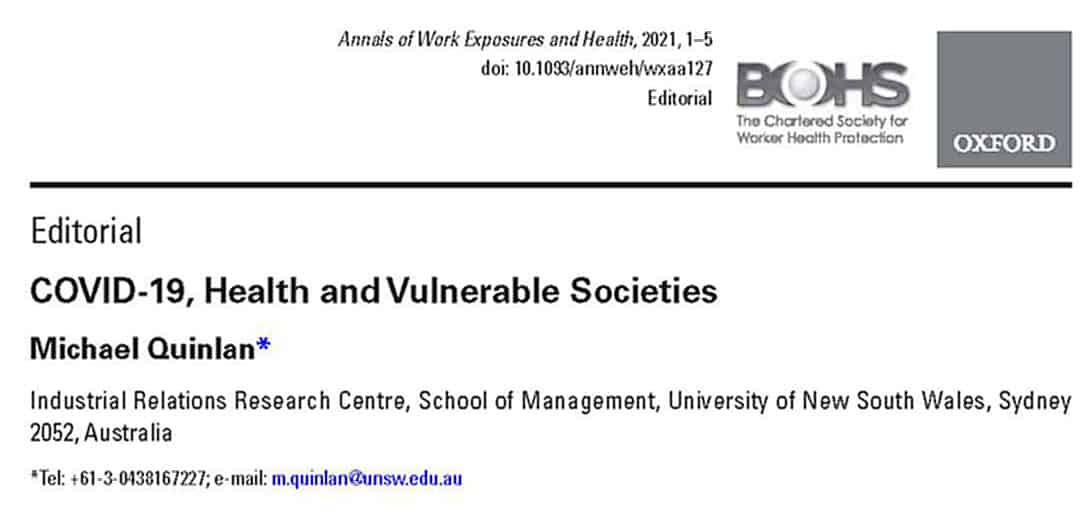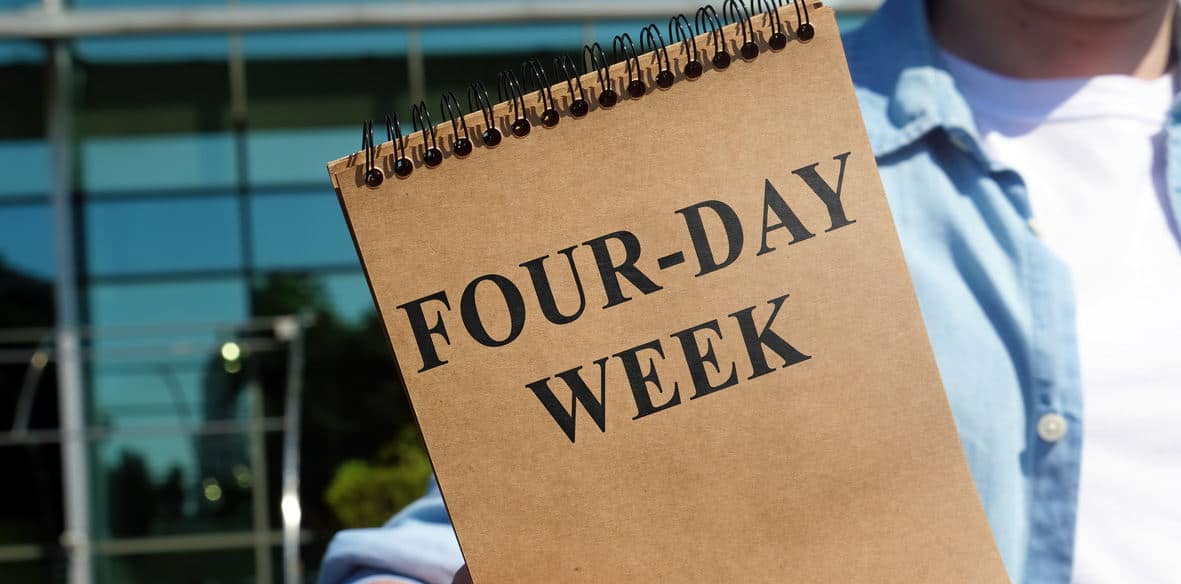It seems like every other day there is an article online or in the press about the “future of work”. One I noted this morning is a two-minute video posted by Human Tech. The odd thing is that the future the speaker, Blake McGowan, discusses is very familiar, but is more about the past and the present than the future and it is very difficult to progress if you don’t acknowledge the history.
Category: change
Culture, greed and safety heckles
More business “gems” from the Australian Financial Review (AFR).
The potential for corporate change from Australia’s Royal Commission into Misconduct in the Banking, Superannuation and Financial Services Industry is fading fast. Back in July 2020, the Australian Financial Review (AFR) reported on an investigation by the Australian Prudential Regulation Authority (APRA) that found, according to the AFR’s headline, that Westpac bank’s culture was immature and reactive.
Safety culture, or an organisational culture that integrates safety, has been a running theme in Australian occupational health and safety (OHS) circles for several decades now but it has rarely gained traction. Partly this is due to the distraction presented by corporate wellbeing programs which address symptoms of ill-health and un-safety and provide a comfortable excuse for company executives who can then claim some action even if the results are dubious.
Building a resilient society
In the middle of a pandemic, it is easy to be locked into small issues, especially if they directly relate to you, such as lockdowns or sick relatives but it is important to be reminded of the broader social context. Professor Michael Quinlan recently wrote an editorial for the Annals of Work Exposures and Health, entitled “COVID-19, Health and Vulnerable Societies”.
The HR approach to mental health needs to be challenged
Human Resources (HR) management may seem to be a bit of a punching bag in SafetyAtWorkBlog articles. There is no doubt that HR can do better to prevent harm, especially psychological harm, but so can ever other management profession. One 2018 article was recently reposted by Human Resources Director (HRD) magazine on workplace mental health which deserves some consideration.
Firstly the article is categorised under “Corporate wellness”, instantly locking it into a specific area of HR and occupational health and safety (OHS). The article, written by lawyer Amber Chandler of Barker Henley, also has relevance to risk management, due diligence, Industrial Relations or OHS and, as mentioned in another article recently, could benefit from being posted or cross-posted in those other categories, or even under “Leadership”. The categorisation is likely to have been an editorial decision but reveals something about HR and HR media.
OHS and the Four Day Week
Recently the BBC’s Business Daily had a short discussion about the introduction of the 4 Day Week. This workplace reform has knocked about for a few years now and seems to have some mental health and job satisfaction benefits. This is enough for it to interest occupational health and safety (OHS), especially as it is one of the few examples of a structural and organisational change rather than an intervention aimed at each individual worker.
The BBC discussion indicates the difference (it may be a schism) between a new way of thinking about work and the old traditional way. The opponent to the 4 Day Week emphasises the individual over the organisational and compares service industries to those that produce goods.
The episode, now a podcast, is a good introduction to the for and against of the 4 Day Week but careful listening shows the challenge ahead.
Continue reading “OHS and the Four Day Week”Right information, wrong magazine
The OHS Professional magazine for December 2020 contains a very good article about workplace psychological risks and the occupational health and safety (OHS) strategy to prevent mental harm. The only negative is that it is not published in a Human Resources magazine, or one for company directors. The preventative techniques are well known to the OHS profession and based on independent scientific evidence, but it is other managerial disciplines that need to learn the difference between preventing psychological harm and providing symptomatic relief.
Federal leadership misses State action
Australia’s Industrial Relations Minister and Attorney-General, Christian Porter, has popped up on occupational health and safety (OHS) issues several times in the last few weeks. It is fair to say that each time he has not really shone, partly due to political ideology and partly due to constitutional structures. Some of these barriers, the Minister can address.
As mentioned recently, several food delivery drivers have died. Minister Porter was asked specifically about one of these deaths, that of Chow Khai Shien, in Parliament by the Australian Labor Party’s Josh Burns. Porter said that he had talked to representatives of the Transport Workers Union about this type of work, but:
“One of the things that we discussed in that meeting was the fact—that is acknowledged, I think, inside the union—that occupational health and safety for those drivers is, not just predominantly, but essentially, a state based responsibility.”






